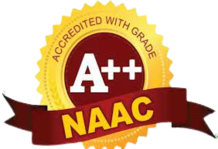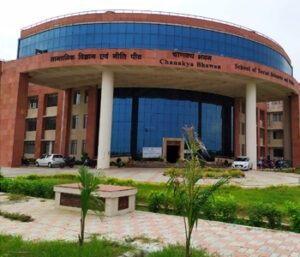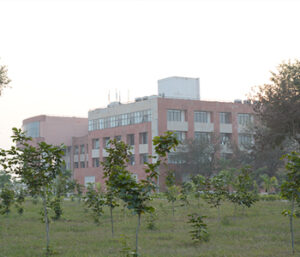


The Department of Economic Studies and Policy (DESP) looks at academic engagement with a difference. While the major focus is on teaching of basic principles of Economics, the department search is for new epistemology both in theory and practice. It continues to focus on improving its course curriculum based on the evolving theoretical paradigms being witnessed in the field of Economics by different schools of thought that have ontological bearings. The diverse knowledge base in Economics and its ramifications on society and polity continues to be a primordial source of choice for direction of research. The department nurtures creative impulses of both faculty and students and continuously provides forums for developing critiques of existing theories and practices only to create a new space for the latter. While doing so, it contextualises emerging theoretical postulations at all levels including local, sub-regional, national and international. The department aspires and attract students and teachers to the department from all over the country and abroad to develop it as a unique department of learning and develop collaboration with other institutions for teaching and research.
Objectives of the Department :
To enlarge the scope for teaching of Economics as propounded by different schools of thought with an edge over both quantitative and qualitative techniques.
To conduct research in both theoretical and empirical planes.
To organise Seminar/Symposium/Dialogue/Workshop/ Training Programmes.
Department Overview
|
Established in |
2012 |
|
Employee Strength |
Faculty- 06 |
|
Student Strength |
Research Scholar & JRF- |
|
Placement 2021 |
x (tentative) |
|
Publications, Books & Patent |
Publications- |
News and Announcements
Important Links
-
Formats & Downloads
-
Archive
Board of Studies (BoS)
BoS is a statutory body for each department/centre, primarily responsible for syllabus design and regular update. As described in the Ordinance section 25.10,
The functions of the Board of Studies shall be:-- To recommend to the School Board, courses of studies offered by the Department/Centre and continue updating syllabus;
- To take all steps in accordance with the provisions of the Regulations about teaching and evaluation of various courses/programmes of the Department/Centre;
- To recommend to the School Board measures for the improvement of teaching and research in the Department/Centre;
- To constitute panels of experts to be considered for appointment as Examiners, Board of Examiners for various courses/academic programmes and M.Phil./Ph.D. thesis representing various specializations of Departments/Centres; and
- To perform such other functions as may be assigned to it by the School Board, the Academic Council, the Executive Council and the Vice-Chancellor.
Department Committee (DC)
As enshrined in the Ordinace-26, the Department/Centre Committee (DC/CC) shall consist of the Head of the Department/Centre, as Chairperson ex-officio, and all faculty members of the Department/Centre.
26.2 The Department/Centre Committee shall have the following functions, namely–- To make proposals to the Board of Studies on academic programmes concerning teaching and research, and the creation, specialization and abolition of teaching posts;
- To propose schemes for the maintenance and improvement of the standards of various programmes of study and research of the Department/Centre;
- To apportion the teaching and co-curricular work of the Department/Centre among the teachers thereof and monitor the proper execution thereof;
- To consider and decide on the assignment and utilisation of the space, equipment and other assets of the Department/Centre and other matters of general and academic interest of the Department/Centre;
- To consider and recommend perspectives and major thrust areas for research and to propose research projects to be taken up by the members of the Department/Centre, individually/collectively;
- To review and apprise the SRC/URC with the current status of research in Department/Centre;
- To suggest to SRC/URC norms related to qualifications and research experience of a faculty to be recognized as a research degree supervisor and to constitute Department/Centre Research Degree Committee (DRC/CRC);
- To suggest to University Admission, Teaching and Evaluation Committee (UATEC) on any issue related to admission, teaching, continuous evaluation in courses and students’ assessment of courses, offered by the Department/Centre to improve quality of education.
- To constitute such Committee(s) comprising members of the Department/Centre, and if necessary external experts, for framing and implementation of rules and regulations related to admission, teaching, continuous evaluation, maintenance of students’ records including alumni affairs as well as promotion of research and development; and
- To perform such other functions as may be assigned by the Ordinances or Regulations, or by the Vice- Chancellor/Dean/School Board from time to time.
Department Research Degree Committee (DRDC)
Departmental/Centre Research Degree Committee (DRDC/CRDC) deal with all matters connected with the Ph.D. Programme of the Department and report the matter to the University Research Degree Committee (URDC), as per University Ordinance-33. It consists of the Head of Department/Centre as Chairman and other faculties in the department.
Functions of DRDC/CRDC are as follows:- Allotment of Supervisor, Co-Supervisor, recording reasons for not admitting a candidate.
- Recommendation for extension of time for submission of thesis
- Recommendation to peruse a part of research outside the University
- Approval of the Course Work
- Assessment and Grading in Course Work
- Monitoring the research progress of the candidate
- Approval of Research plan proposal/language
- Sanction of duty leave to the Ph.D. candidate
- Assessment of Ph.D. work through pre-submission seminar
- Maintaining the record of research paper publications of the candidate
- 11 Recommendation of panel of experts for thesis evaluation
- Assessment of revised thesis for satisfactory compliance, if any
- Arrangement of Viva-voce in the absence of the supervisor
- Recommendation to waive the Viva-voce
Research Advisory Committee (RAC)
A Research Advisory Committee (RAC) is constituted for every research scholar admitted in PhD programme. The Committee would guide the research scholar to develop the study design and methodology of research and to To periodically review and assist in the progress of the research work of the research scholar. The committee shall have also have power to recommend the co-supervisor and cancellation of registration
Vision |
|
Mission |
|
- Objectives of the Program: The two year (four semesters) Post Graduate Programme is designed to give opportunity to learn several kinds of knowledge are required of a professional or academic economist. An economist must understand the nature of long-term changes in the economy (economic history); the best thinking about the ways in which economic units interact with each other and with their environment, respond to change and develop over time (economic theory and its intellectual development); and the techniques by which economic data are assembled, evaluated and analysed (statistical method and its application). In additional an economist needs the discipline and versatility gained by detailed study of some economic problems and policy areas.
- Program Outcomes: The two years (four semesters) post-graduate programme is designed to train the students on the ever-expanding knowledge base in economics – both theoretical and applied. The students are not only exposed to alternative theoretical paradigms in economics but also trained to improve their analytical and quantitative skills for evaluating the policies emanating from the theories. The students undergoing such trainings would be equipped to undertake studies at a higher (doctoral) level and join academic profession or to adopt professional career in the corporate/government sectors.
- Eligibility: Bachelor's Degree from a recognised university having Economics/Commerce/Statistics/ Mathematics as a subject (Hons./General) with a minimum of 45% marks for General / OBC/EWS candidates and 40% marks for SC/ST / PWD candidates..
- Intake: 45
- Objectives of the Program:
- The students of this programme are encouraged to develop analytical perspectives required to explore new horizons of knowledge in the field of economics. The compulsory courses of this programme help to stimulate creative impulses of the students besides exposing them to various methodological aspects of research.
- Program Outcomes: At the end of training, students should:
- Eventually, the students are able to produce a good research output examining the validity or otherwise of the existing theoretical paradigm(s) at the backdrop of the empirical research that has sound implications for policy.
- Eligibility: M.A/M.Sc. in Economics/Applied Economics /Business Economics/Financial Economics/Development Economics/Development Studies with 55% in aggregate or its equivalent Grade B in UGC 7 point scale from any recognised University. A Relaxation of 5% of marks from 55 to 50% or equivalent relaxation of Grade for SC/ST/OBC(Non creamy layer)/Differently abled candidates..
- Intake: Subject to availability of seats as notified
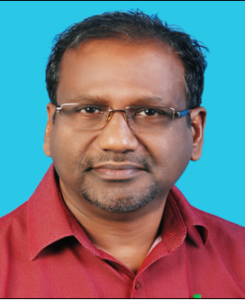

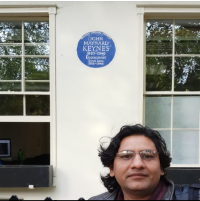

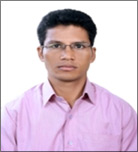
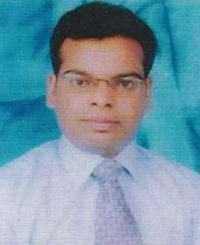
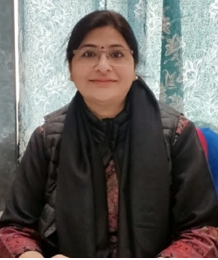
Dr. Firdaus Fatima Rizvi
Assistant Professor (Senior Scale)
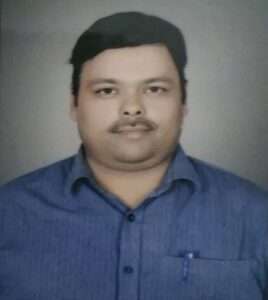
Facilities
All classrooms in the Department are equipped with smart boards with internet facility. It has access to print and e-resources through the Central Library of the University. An Econometrics Lab has been set up with 31 computers to implement the Syllabus of M.A. in Economics that includes multiple papers on Econometrics, and its applications using econometric software packages like EViews, STATA and R. The students are provided hands-on training in the Econometrics Lab. The training on computationally intensive econometrics helps the students in enhancing their skills of data analysis that are essential for pursuing a career in academia or industry. 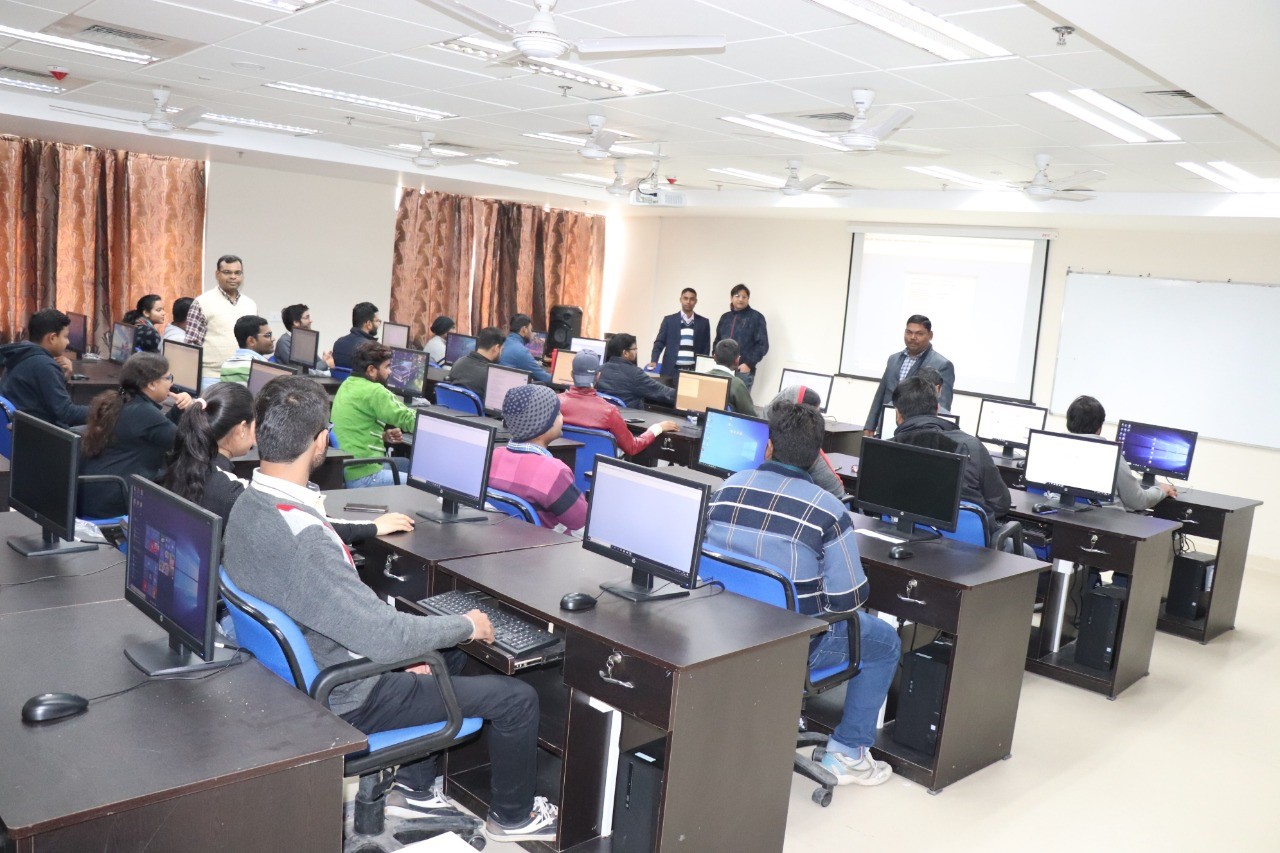
| S.No. | Research Scholar/JRF/Project staff | Photograph | Guide | Academic Qualification | Research Area | Achievement/Award /Publication |
|---|---|---|---|---|---|---|
| 1 | Kishlay Kirti 01kishlay@gmail.com CUSB1801275002 |
Dr. Rikil Chyrmang | MA | Development Economics | Doctoral Fellowship from Dr Ambedkar International Centre | |
| 2 | AMIT YADAV amit4gkanina@gmail.com CUSB1801275001 |
Dr. Abodh Kumar | MA ECONOMICS | DEVELOPMENT ECONOMICS | Impact of COOVID19 on Education of India in Gopal Ji Singh Indian Economy After COVID-19:Potential Threats, Challenges and Remedies, 2020, Swaranjali Publication, Ghaziabad, UP (with Kishaly Kirti and Md Shahalam Ali |
- Project
- Specific Research Areas
- Research Publications
E-Resources for Courses
|
Course Code |
Course Name |
Question papers (Previous Years) |
Notes and Presentations |
Video and Suggested readings |
Course Assessment Design - MA
- Semester –I
- Semester –II
- Semester –III
- Semester-IV
Gallery
Center for Economics Studies and Policies
Pages
- Home
- About
- Governance
- Administration
- Academics
- Admission
- Student
- Facality
Important Links
- Admission
- Alumini
- Tender & Notice
- Download
Useful Links
Admission

Important Notice


